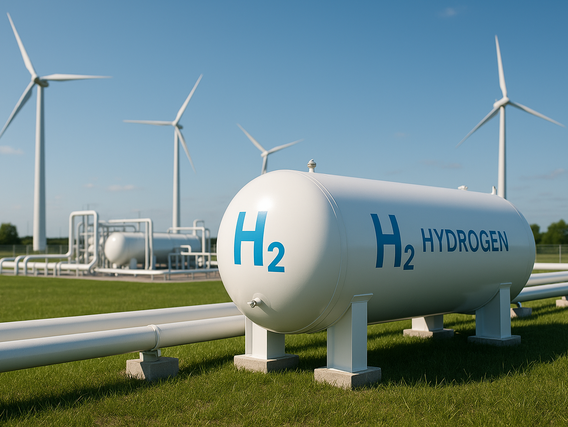
Conversion or new build? What do grid and storage operators need to know?
In its climate policy, Europe is focussing on hydrogen as a key energy source of the future in order to limit climate change. In Germany, the technology with the molecule of the future is already seen as the key to the success of the energy transition. The German government is pursuing the goal of further promoting the integration and use of renewable energies using hydrogen to decarbonise all energy-intensive sectors. As a storage medium for electricity generated from renewable sources, hydrogen can be used in energy grids, storage systems and connected systems for sector coupling. It is therefore important to review existing grid and storage infrastructure in terms of its hydrogen readiness and to make appropriate technical adjustments. For example, what technical and regulatory conditions must a hydrogen storage facility fulfil in order to be H2-ready?
The upcoming transformations pose new and sometimes revolutionary challenges for operators of electricity and gas grids and energy storage systems. This also affects control technology and IT security, for example. And since every technological innovation harbours risks, it is important to recognise, identify and avoid risks right from the start.